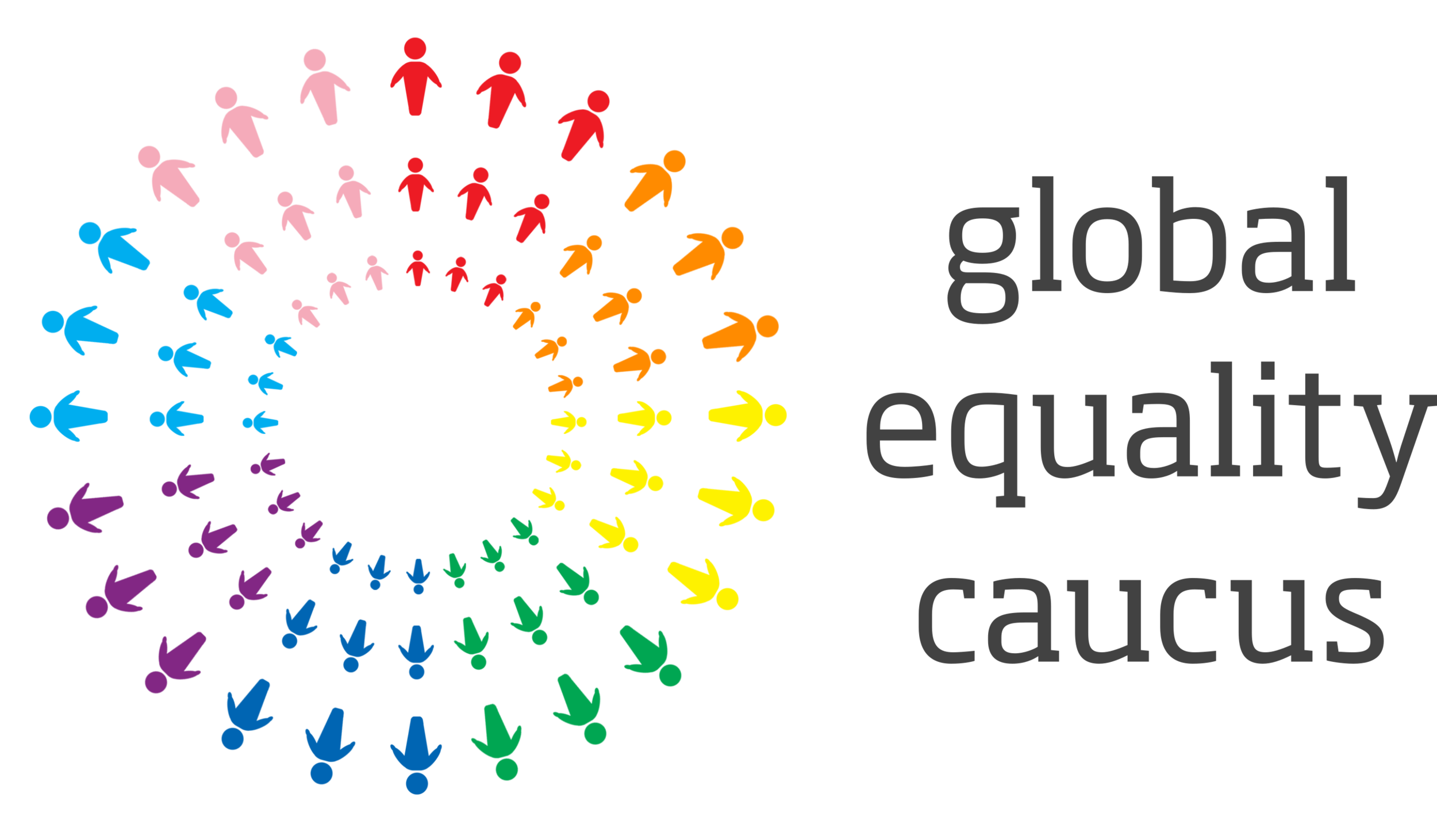GEC Showcases Impact of HIV Prevention Handbook for Legislators Across Latin America
Since its release, the Latin America edition of the HIV Prevention Handbook: Best Practices for Legislators has been sparking meaningful dialogue and driving legislative engagement across the region. Developed by the Global Equality Caucus (GEC) with support from Viiv Healthcare, the handbook provides legislators with evidence-based strategies to strengthen HIV responses through inclusive and rights-based policymaking.
In March 2025, the handbook was presented at the Chamber of Deputies in Mexico City, where Mexican Federal Representative Jaime López Vela, Peruvian Congresswoman Susel Paredes Piqué, and Temístocles Villanueva Ramos, Head of the General Coordination of Attention to Human Mobility in Mexico City, joined GEC to highlight the urgency of legislative action. The discussion emphasized that laws and policies remain a determining factor in whether key populations, including LGBT+ communities, can access prevention, treatment, and care without fear of stigma or discrimination.
Following the event in Mexico, GEC is continuing to expand the handbook’s reach across the region:
In September, it will be shared in Peru, where parliamentarians and civil society leaders will discuss how to align legislative frameworks with public health needs.
In October, a presentation in Brazil will engage lawmakers and advocates to build stronger political support for long-acting HIV prevention and treatment innovations.
By the end of the year, a closing event in Mexico City will reflect on the handbook’s role in fostering cross-border collaboration through our south to south strategy, and chart next steps for advancing inclusive HIV responses.
By presenting regional best practices, case studies, and actionable recommendations, it provides legislators with concrete tools to address stigma and ensure HIV remains a political and funding priority. As the handbook continues to circulate, its influence is already visible in the way regional champions are building alliances between lawmakers, civil society, and health experts to tackle the epidemic.


